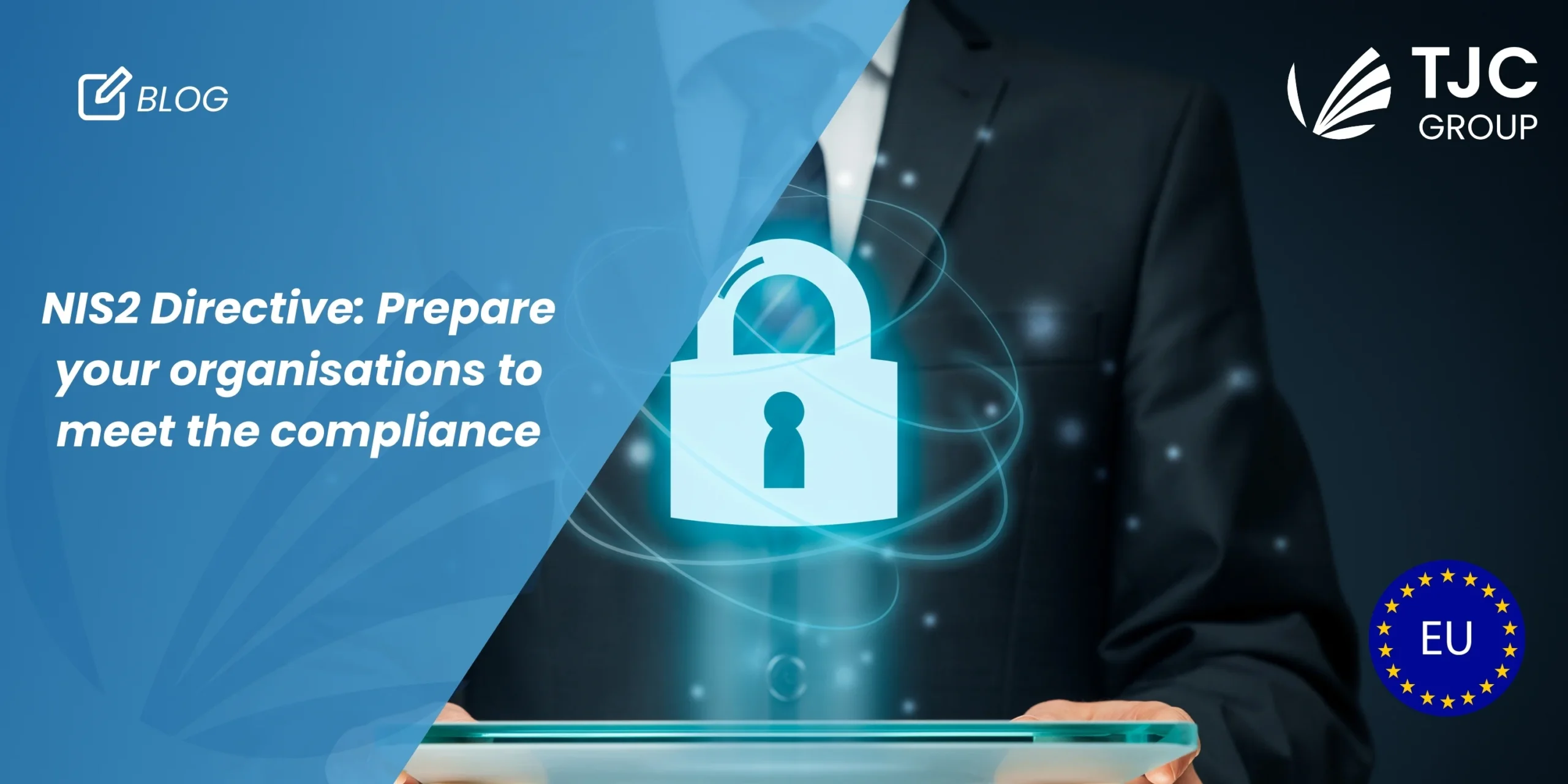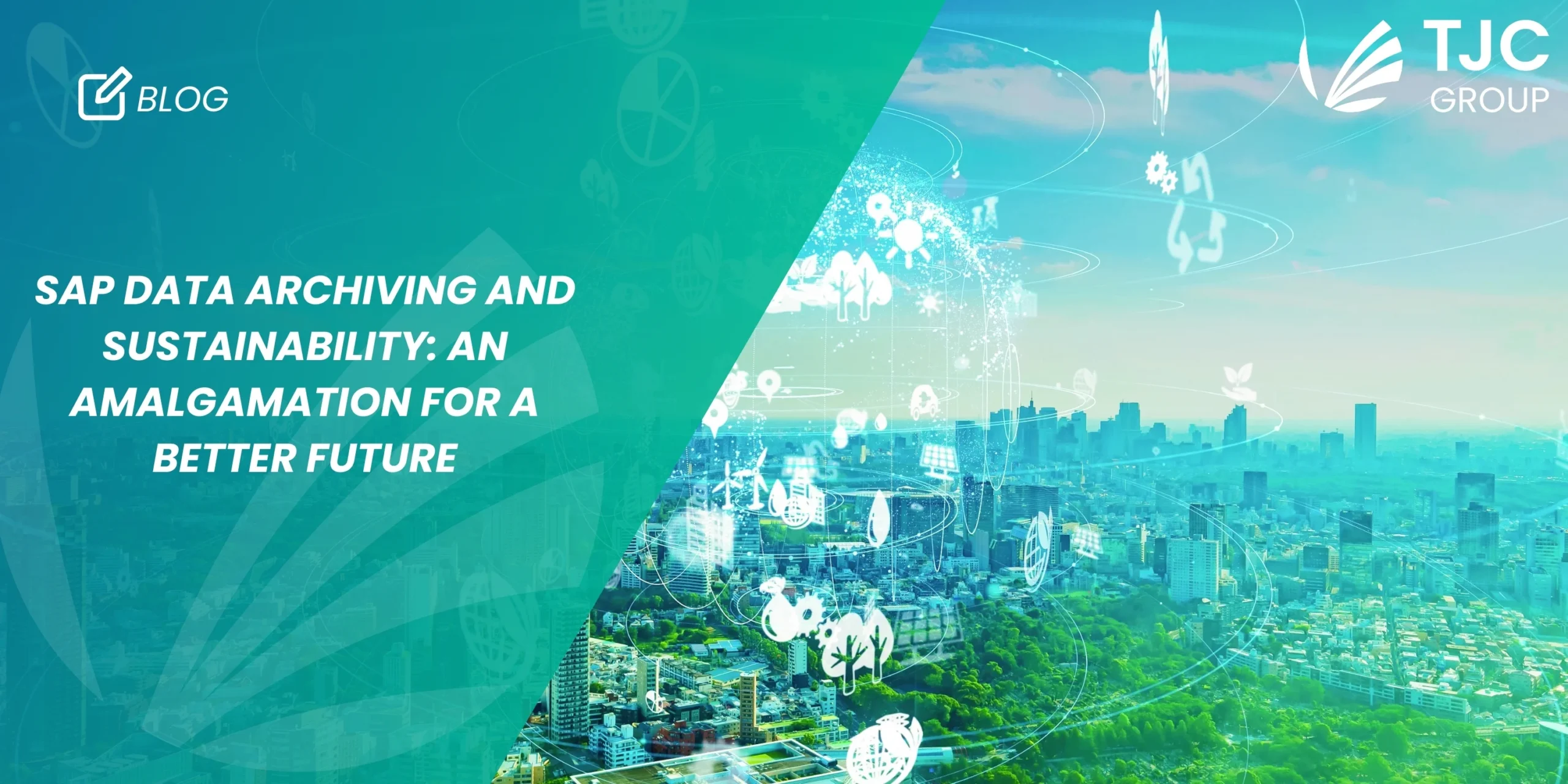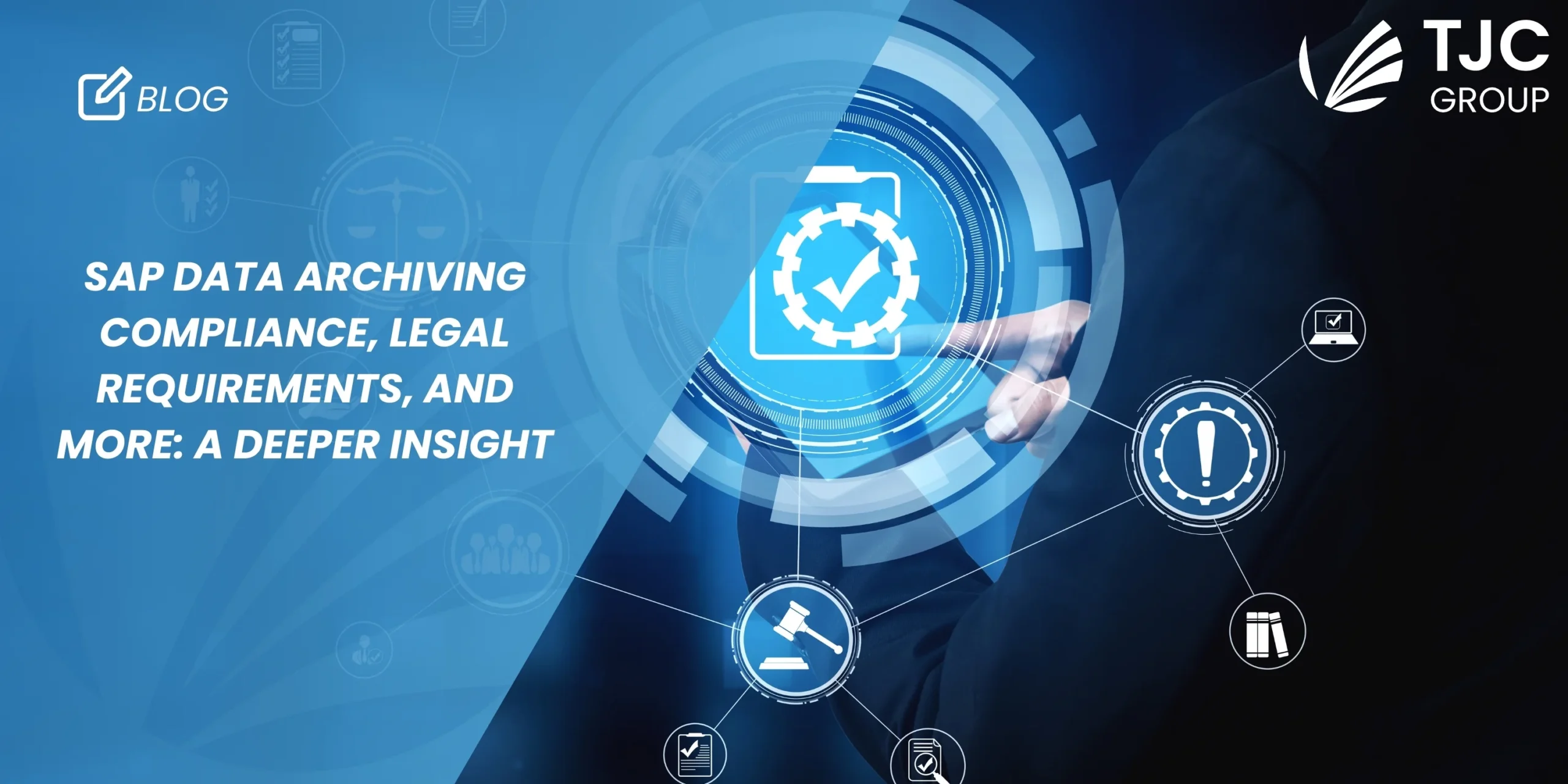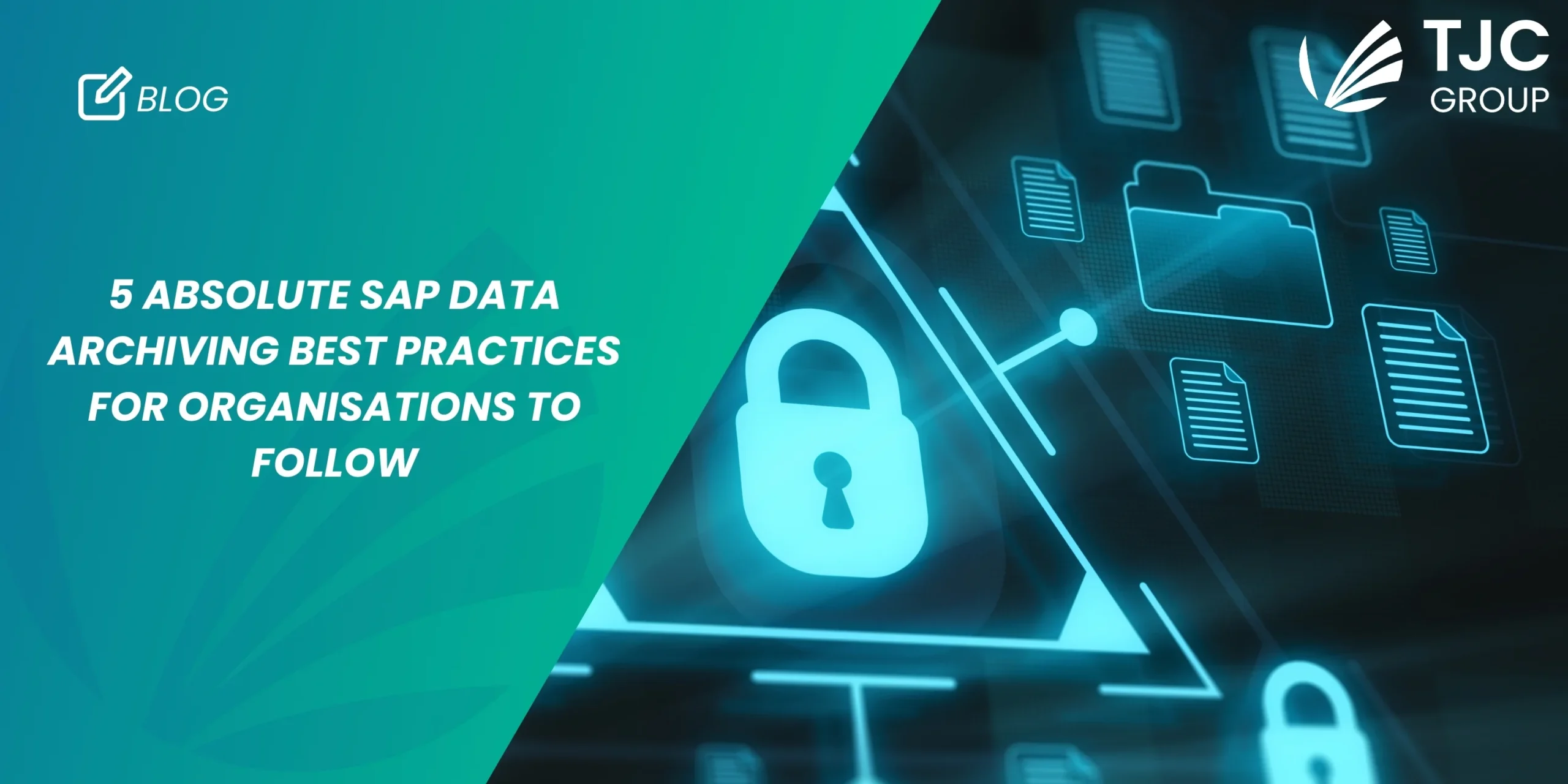In this series of blog posts, I will be focussing on SAP archiving and its benefits, the different types of archiving, some misconceptions I have come across, some of its benefits, and why I say ‘the past is essential to the future’.
How old is your oldest email in your inbox? 2, 5, 7 years old? Or maybe just a few weeks or a few months old? The KEY question is: When did you last access that email?
These are the same questions we can ask regarding your usage of data. We often try to keep as much data and information as possible within ‘arms’ length’ for those ‘just in case’ moments. But most of the time, depending on your job function within your company, you don’t even need those data once it’s been generated. Some job functions would require the intermittent or constant access to the data for analytics and tax and audit purposes. Some companies are regulated by strict compliance procedures that dictate how long they need to keep their data for and where to store them.
Archiving is one of the effective strategies to manage your data volume and lifecycle. And it has a direct positive effect on reducing IT CO footprint
Most companies apply this strategy to improve system performance and reduce TCO and comply with legal data retention rules. With the onslaught of Big Data and IoT (the Internet of Things), there is an explosion of data growth at a rate faster than the seconds it takes you to read out ‘database archiving’. And with the introduction of new technologies like SAP HANA and S/4 HANA suite, there is more urgency for a strong data volume management strategy.
SAP data archiving is when the data that is no longer needed online (in business systems) is moved from the database to an archive file, and the original data is compressed and transferred from the production system. Deletion – the right to forget – only occurs when called for by compliance rules. However, for audit purposes, the archived data must be accessible at any time. TJC understands this fully and has been managing archiving projects for over 20 years. It knows the importance of how your past (archived) data is essential to the future. Take a look at this video that explains TJC’s archiving project methodology.

Archiving objects tell your SAP system when to archive (write, delete, and retrieve) a specific module. There is an archiving object for almost any SAP module (FICO, SD, MM, CRM, Sol Man, etc.).
TJC has developed an SAP-certified software to automate the archiving process using SAP transaction SARA to reduce manual errors, save time, and ensure your data is consistent with the original data. This Add-On also allows you to set up regular archiving to maintain ROI.
Gains from archiving include:
- Improving your system performance and maximising your system landscape
- landscape reducing your TCO
- Ensuring data consistency
Stay tuned to this series of blog posts to learn more about how to archive information. Our next post will focus on some of the misconceptions people have about data archiving.







